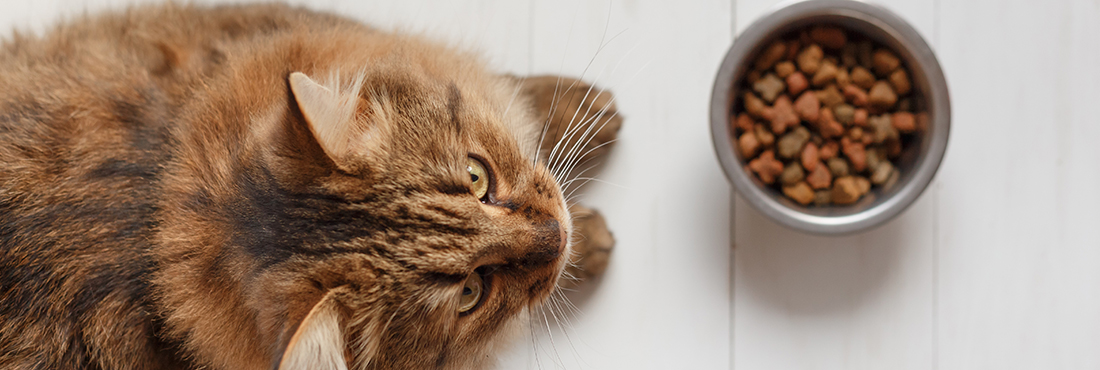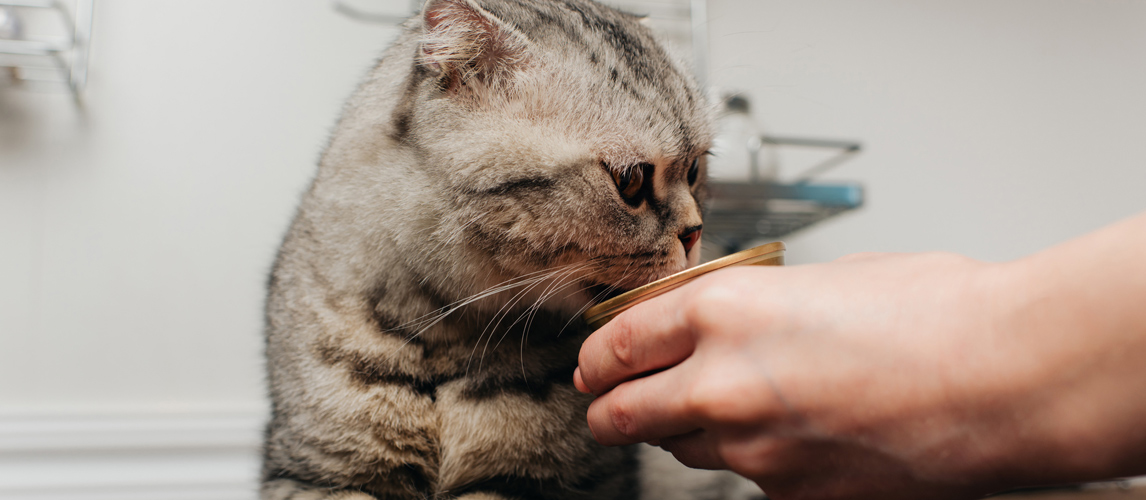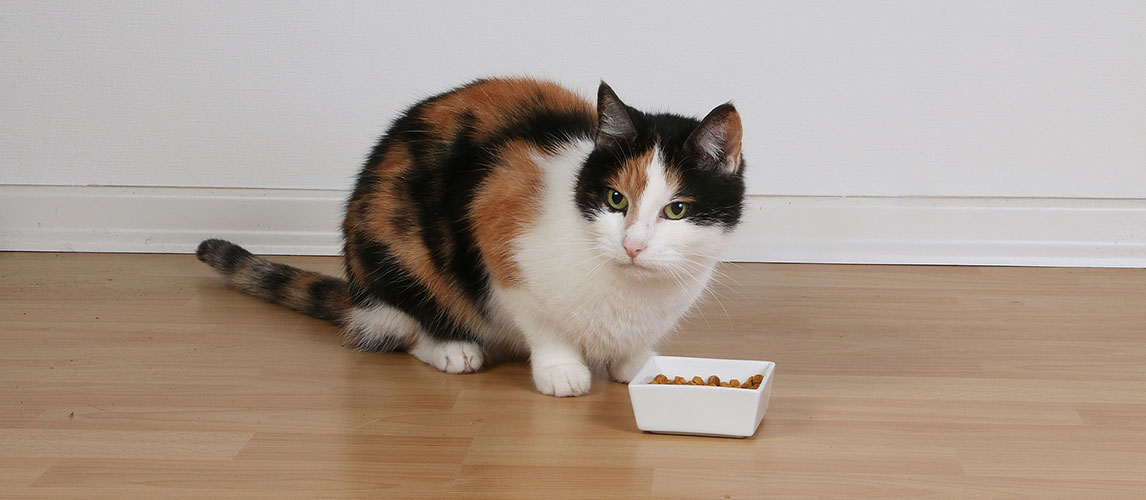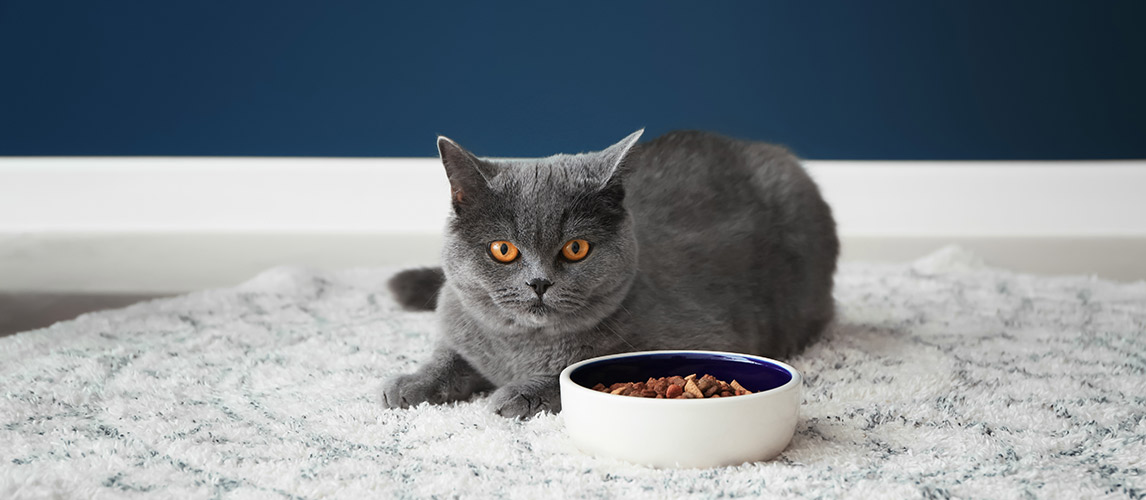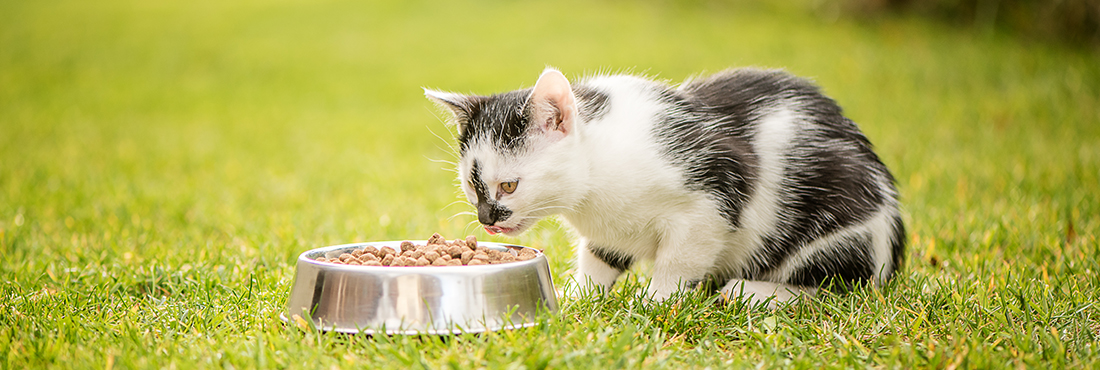It’s uncommon for cats to develop food allergies but it’s nowhere near impossible. Unfortunately, very little research has been conducted about food allergies in cats as opposed to dog food allergies. So as of yet, there is very little information to be found online.
However, below we have gathered all of the important information regarding what we know so far about food allergies in cats. This includes symptoms, causes, as well as treatment. Read on to find out more.
How Cat Food Allergies Occur
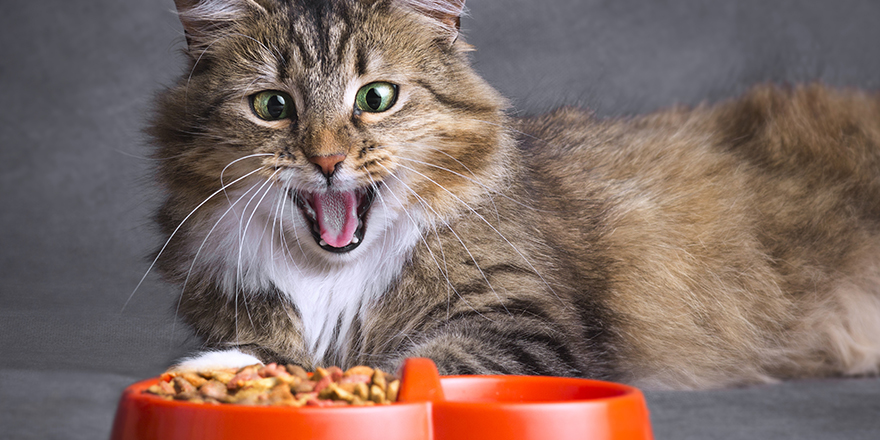
There is currently no definitive answer as to how cats develop food allergies. However, It’s important to know that they can develop at any age. Allergies in kittens and young cats can be identified and diagnosed early but that doesn’t mean to say that your adult or senior cat can’t become allergic.
It is also apparent that cats are more likely to form food allergies or inhalant allergies if they have a genetic predisposition.
What is a Food Allergy in Cats?
A food allergy is exactly what it sounds like. It is an allergic reaction triggered by the immune system in response to a specific compound in food.
The Difference Between an Allergy and an Intolerance
Although food allergies in cats are rare they can often be mistaken for an intolerance. They can be very similar but they are two very different conditions.
An allergy is when the immune system responds to a particular food ingredient as if it were something trying to attack the body.
Food intolerances are when the digestive system cannot break down or process a specific ingredient leading to further gastrointestinal problems and other issues.
Common Food Allergies
An allergic response in cats is commonly triggered by protein. This includes beef, fish, and chicken in particular. It is also widely known that dairy products can also become a cat allergy. Milk especially can become an intolerance, as cats lack the enzyme needed to break down lactose (hence why many cats are lactose intolerant)
Other Rare Cat Food Allergies
It is speculated that there are other ingredients in cat foods that can trigger allergies. Although these are extremely uncommon, it’s worth knowing about just in case. Below is a list of other components that can cause allergic reactions:
- Grains
- Artificial colors
- Artificial preservatives
- Lamb
- Rabbit
- ‘Meat’ by-products
Other Important Factors to Consider:
- Since limited research has been conducted regarding cat food allergies, it’s entirely possible that there are more ingredients that should be added to the list above.
- It’s also vital to know that a cat food allergy can occur at any point despite them having consumed the particular ingredient regularly prior to the allergy.
- Cat food that includes unspecified ‘meat by-products’ can pose a threat as it is not labeled where the meat is sourced from. It could very well be that they derived from the animal proteins used in the recipe but as it is unclear, you cannot be sure what protein the by-product is sourced from.
Food Allergy Symptoms
As a pet owner, it’s crucial that you are able to identify when there’s something wrong. There are a number of ways to identify a suspected allergy in cats. Depending on the severity of the allergy, cats can experience one or more of the typical or unusual symptoms. Below are some of the most common clinical signs that your cat has a food allergy.
Physical Symptoms:
- Runny eyes and/or nose
- Swollen paws
- Unhealthy fur (Brittle/dull fur)
- Skin inflammation
- Hair loss resulting in bald spots
- Abrasions due to skin problems
- Recurrent ear infections
- Gastrointestinal signs/digestive upset such as vomiting or diarrhea (uncommon in food allergies but still possible)
- Respiratory difficulties (rare)
Behavioral Symptoms:
- Frequent grooming
- Excessive scratching
- Unusual neediness or aloofness
- Being unusually vocal
Note:
If you noticed your cat scratching, gnawing, or aggressively biting away at their skin and fur it’s absolutely normal to seek a vet’s advice for a suspect allergy. However, it’s worth asking them to check for fleas or flea dirt also. Despite not seeing evidence of an infestation at home, there is still a possibility that they could be experiencing problems as a result of a single bite from a parasite. This goes especially for outdoor cats.
How Cat Allergies are Identified
The minute you spot any of the symptoms above, mild or severe, you must get your vet involved as soon as possible. The trick to diagnosing food allergies is enrolling your kitty in an exclusion diet trial.
An Elimination Diet
An exclusion diet will have you feeding your cat a hypoallergenic and often bland diet. These will contain no protein and, depending on your cat’s symptoms, these temporary diet trials can last anywhere between 4 to 12 weeks.
During this time, it’s important that you only feed your feline the cat food recommended by your vet. They must only consume their recommended diet, water, and any medications prescribed. In addition, it’s necessary to keep an outdoor cat inside as they may hunt rodents and birds. They may even get treats or food given to them by good-intentioned neighbors that can sabotage the process.
Resisting the urge to give your cat treats or scraps from your plate can also be a challenge but it’s important to keep your eyes on the bigger picture. The sooner you narrow down the cause of the allergy the quicker they can go back to being their usual happy and healthy selves.
Diagnosis
Over time, the new and reduced change in your cat’s diet can mean that allergy symptoms clear up and they revert to their normal selves. In which case, you can begin to reintroduce their former food, following instructions from your vet, which is known as a ‘food challenge’. If your cat’s symptoms return within a week of being back on its normal diet, only then can your vet confirm your pet’s cat food allergy.
Can Allergies Be Cured?
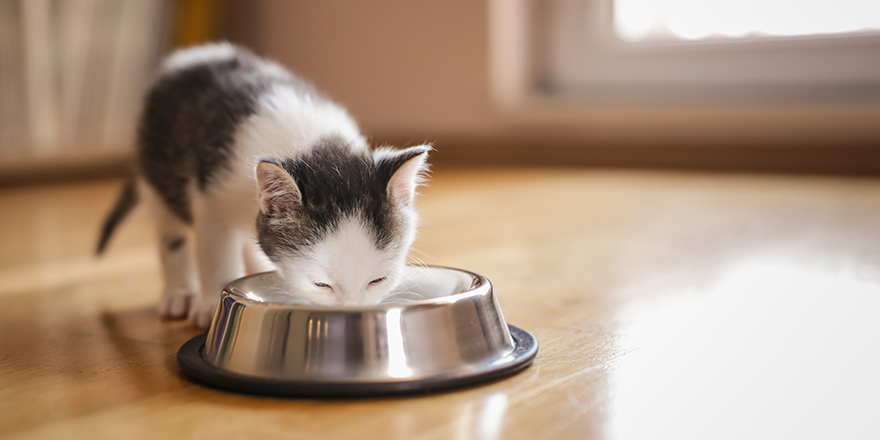
Unfortunately, an allergy cannot be cured so the only thing to do is to avoid the food type responsible for the allergic reaction. With the help of your vet, you can look for a restricted diet that will contain essential nutritional ingredients but will exclude any potential offending allergens.
For a full list of our favorite options, see our round-up of Hypoallergenic Cat Foods.
Although, if your cat was happy with the previously recommended food trial alternative, it’s perfectly fine for your cat to continue consuming it as it is a perfectly reliable and nutritionally balanced diet sure to keep your pet healthy.

